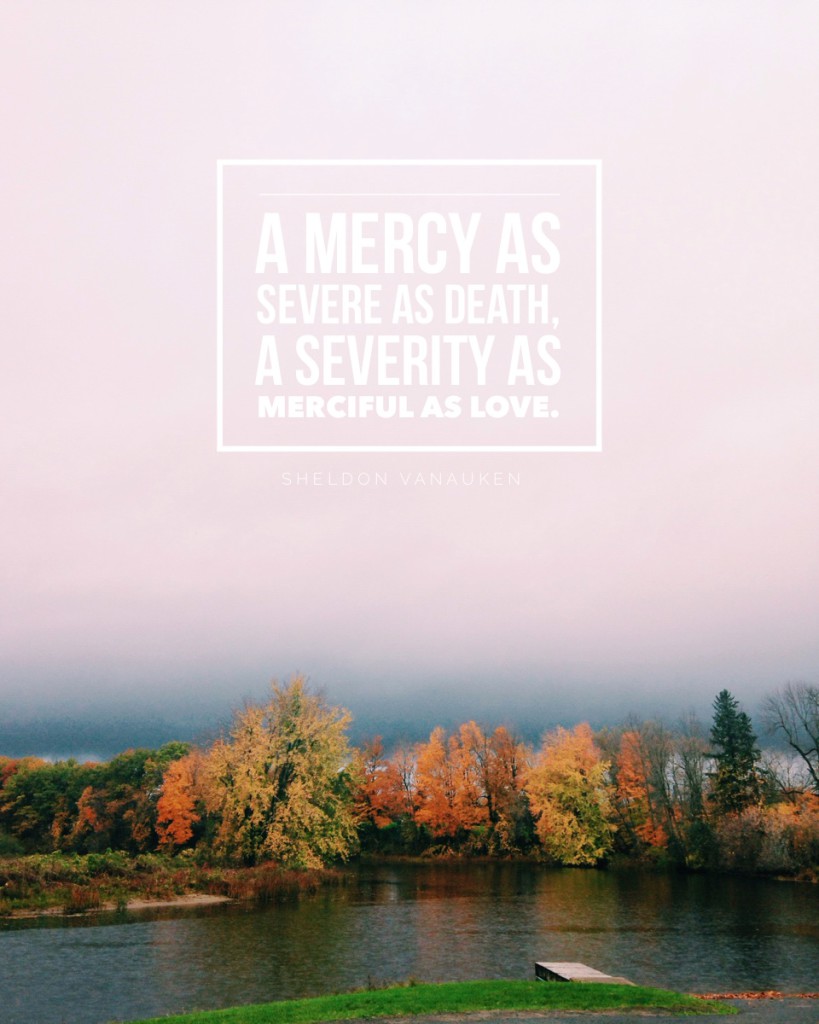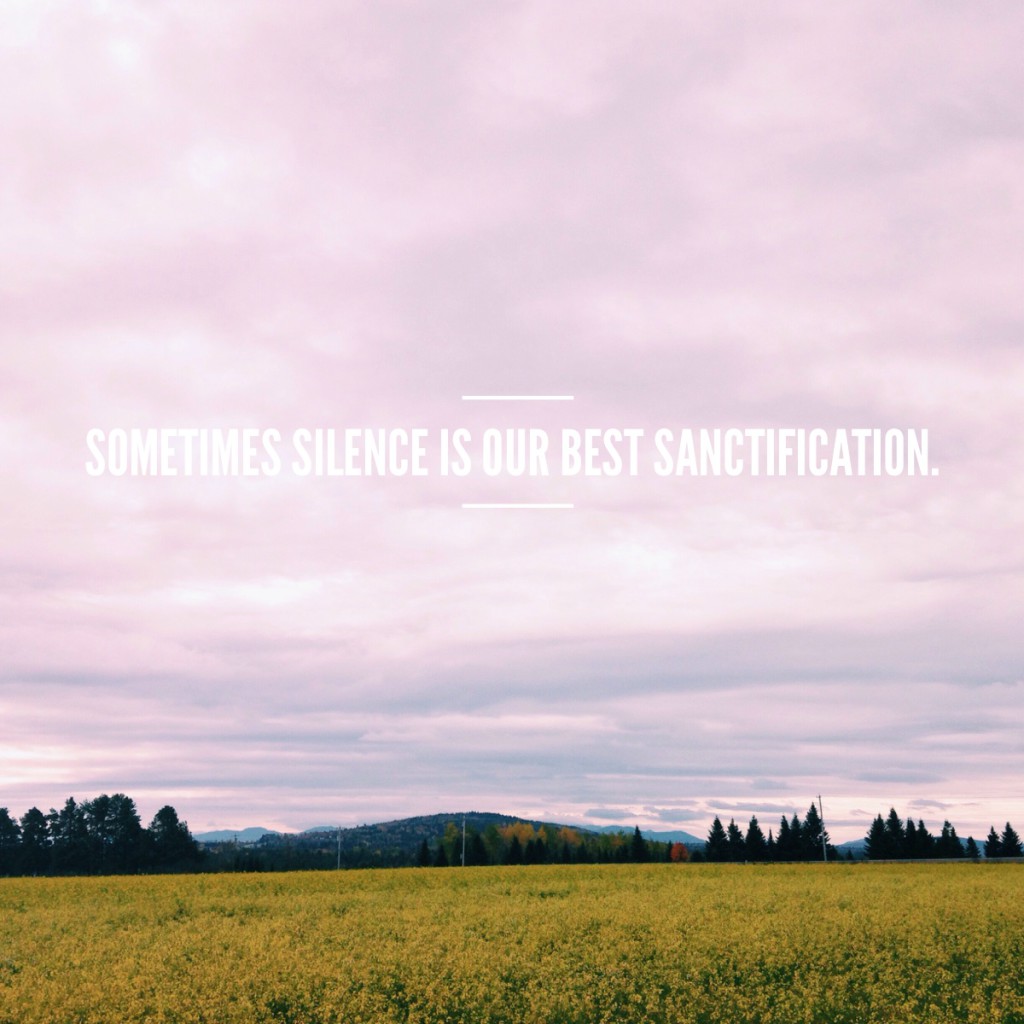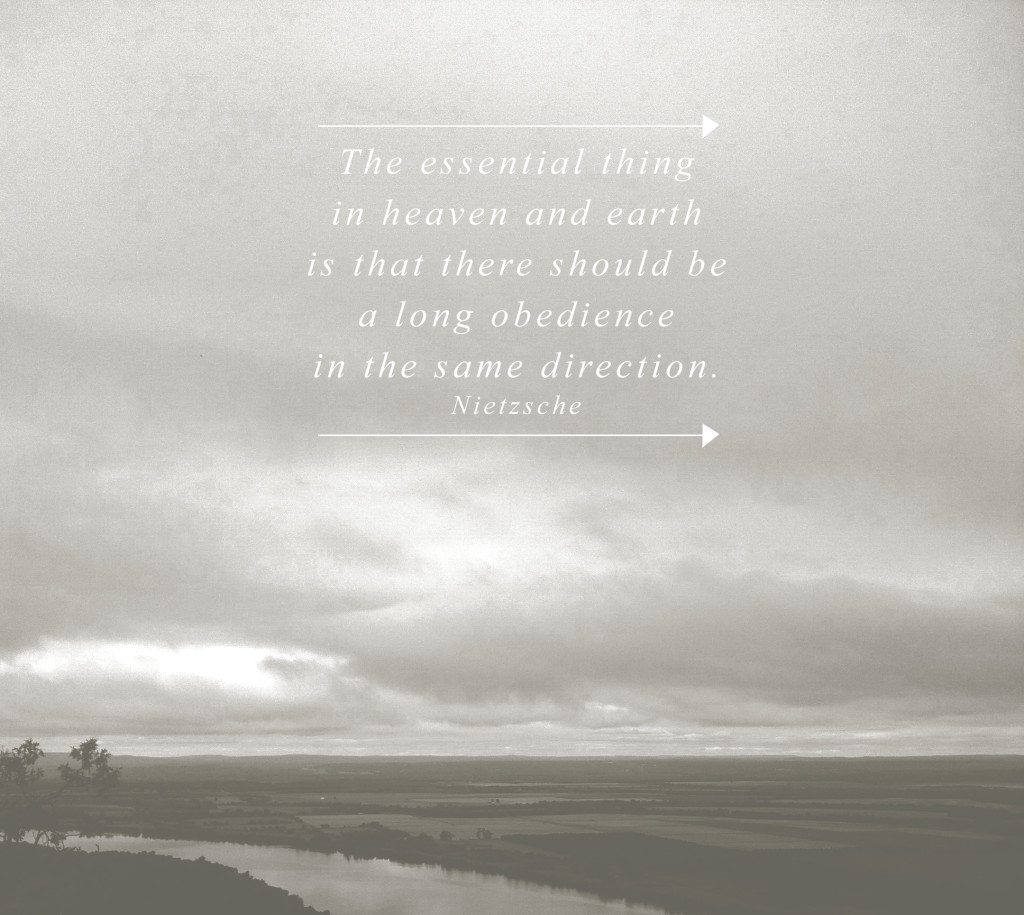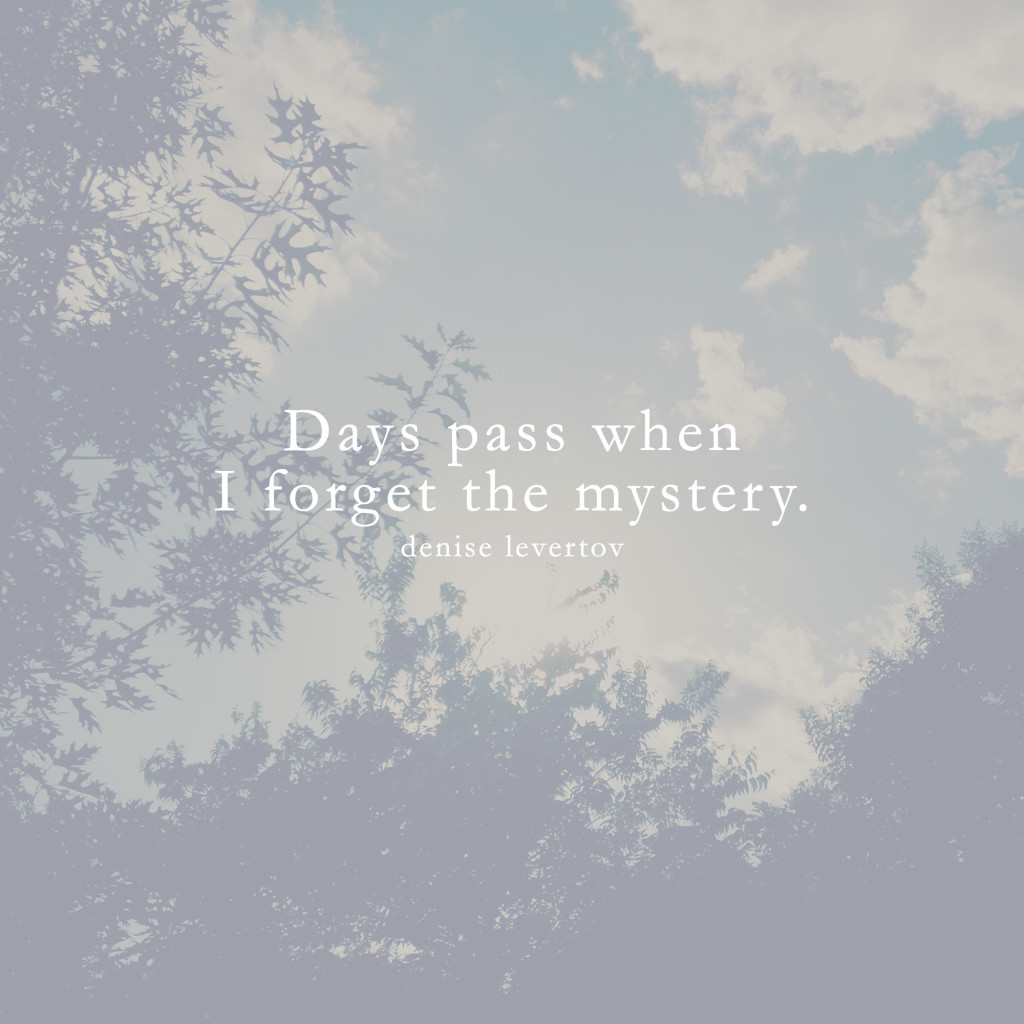Watching Naked People
In recent months I've been convicted about the little foxes that ruin the vineyard of my heart. I have a bit of a tender constitution to some things I see on media, or hear about from others, but I realized my propensity to mindlessly watch popular shows containing nudity was growing in the past year. I wasn't watching them for the nudity, but I was still complicit in their popularity. I like smart writing and good character development and there are a few movies I enjoyed this year that contained brief scenes that would be better left out of both the film and and my heart. In my singleness I have let my heart grow cold in this area, telling myself that because I didn't have a man's heart to protect while viewing, it was okay to just gloss over the scenes. I was watching it for the story after all.
Like those who read Playboy for the articles?
Recently I heard John Piper speak on watching nudity of any kind in any media. He gives twelve reasons why we should be "radically bold, sacrificially loving, God-besotted freaks, aliens—saying no to the world for the sake of the world." The world doesn't need more copies of itself.
I'm sharing his twelve points here and I hope you'll take a few minutes to listen to him and commit to not watch nudity of any kind. It's nearly impossible if you watch any popular show or movie, but it's a sacrifice our hearts desperately need and one Christ asks for.
1. Jesus died to purify me and his people. It is a travesty of the cross to think he only forgave us for the sin of watching nudity, but did not purify us for the power not to watch it. Titus 2:14
2. There is in the bible a radical call for holiness of mind and heart and life. Nudity in photos and movies is not holy and does not advance our holiness. I Peter 1:15, II Corinthians 7:1
3. Jesus said everyone who looks at a woman with lustful intent has already committed adultery with his heart. Seeing naked women and men causes men and women to sin with their minds and desires, and often with their bodies. If Jesus told us to guard our hearts by gouging out our eyes to prevent sin, how much more would he say "Don't watch it."
4. Life in Christ is not mainly the avoidance of evil, but mainly the passionate to pursue good. My life is not a constrained life, it is a free life. We were called to freedom, don't use freedom as opportunity for flesh. Philippians 4
5. I want to see and know God as fully as possible. Watching nudity is a huge hinderance to that pursuit. Matthew 5:8 says, "Blessed are the pure in heart, they shall see God." The defilement of the mind by watching nudity dulls the heart's ability to enjoy God
6. God calls women to adorn themselves to adorn themselves with modesty. When we pursue, receive, or embrace nudity, we are implicitly endorsing the men and women who sell themselves this way. I Timothy 2:9
7. Most Christians are hypocrites in watching nudity because they say watching it okay, but they know deep down they wouldn't want daughter or wife to be playing this role.
8. Nudity is not like murder and violence on the screen, that's make-believe, nobody gets killed, but nudity is not make-believe. These actors are really naked in front of the camera and millions of people.
9. Sexual relations is a beautiful thing; God created it and called it good. It is not a spectator sport. It is a holy joy, sacred, in its secure place. Men and women who want to be watched in their nudity are in the category with exhibitionists.
10. There is no great film that needs nudity to add to its greatness. There are creative ways to be true to the story without turning sex into a spectator sport and putting people in morally compromising situations on the set. It's not art that puts nudity in, it's the appeal of what sells.
11. Christians do not watch nudity with a view to maximize holiness. What keeps Christians coming back is the fear that if they took Christ at his word, and made holiness as seriously as I'm saying it is, they would be viewed as freakish.
12. There is one biblical guideline that makes life simple: Roman 14:23. "But whoever has doubts is condemned if he eats, because the eating is not from faith. For whatever does not proceed from faith is sin." If you doubt, don't. This would alter the viewing habits of millions and oh how sweetly they would sleep with their conscience at rest.
Note: if you struggle with a pornography habit and are actively seeking freedom from that, I pray this post doesn't condemn you further, but that it lessens the appeal of porn and gives you greater things to look toward. The way to fight sin is to replace it with what is better, holier, and far more satisfying. Christ is better. He is.











